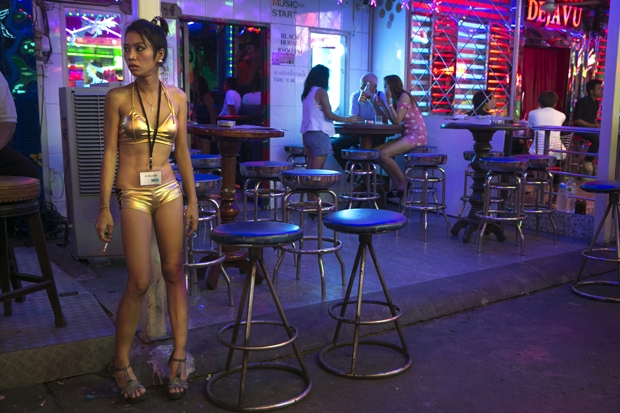Like any sensible, prosperous Englishman in his middle years, I spend every winter in Thailand. Indeed, I’ve been visiting the country for three decades: I can still remember my first hotel in Bangkok, a beautiful teak-stilted villa down a rat-infested alley which had the singular facility of offering heroin on room service.
I went with the intention of staying a week or two. I ended up staying four months: the heroin on room service proved quite distracting. At the end of my stay I got a bill with just three things itemised:
Room, Food, Powder.
Now I’ve returned from maybe my fortieth visit to Thailand (I stopped doing the drugs years ago; I still enjoy the sun). And I’d like to say that this eternally sensuous, supremely beautiful, languidly hospitable country remains unchanged, despite all the troubles and coups, and despite the curfew which has, this week, finally been lifted.
But I can’t. I fear that the latest Siamese coup signals something serious; I fear that this time ‘Teflon Thailand’ (the name is shorthand for the remarkable way its booming economy and amiable society seem impervious to the nation’s political turmoil) might have altered for good. I also wonder if this evolution says something ominous to the rest of the world.
This may appear contradictory. After all, Teflon Thailand does still make sense as a concept. In old Siam, everything changes, yet everything stays the same. When I first went to Bangkok there were no skyscrapers — none. Now the skyline makes Manhattan look unambitious; at night, the soaring towers glitter, irresistibly, under the tropical moon. And yet at the bottom of those skyscrapers you will still find street vendors selling dried squid, fishball soup and succulent yellow crab curries. Just as they have done for decades.









Comments
Join the debate for just £1 a month
Be part of the conversation with other Spectator readers by getting your first three months for £3.
UNLOCK ACCESS Just £1 a monthAlready a subscriber? Log in